বর্তমান কর্মস্থল: Western Norway University of Applied Sciences, Bergen, Norway
প্রথমেই উনার সম্বন্ধে আমরা জানতে চাই
উনার নাম সায়খ। উনি বর্তমানে নরওয়ের বারগেন শহরে Western Norway University of Applied Sciences-এ SFI SMART OCEAN প্রোজেক্টে পিএইচডি গবেষক হিসাবে কর্মরত আছেন। উনি কাজ করছেন Underwater Wireless Sensor Network (UWSN) নিয়ে।
উনার প্রজেক্টটি মূলত ইন্ডাস্ট্রি বেজড প্রোজেক্ট যেখানে ২১ টি কোম্পানি একত্রে কাজ করছে। এই প্রোজেক্টের মূল লক্ষ্য হলো পানির নিচে ওয়াইফাই নেটওয়ার্ক তৈরির মাধ্যমে পানির নিচের সকল কার্যক্রম পরিচালনা করা। এটির সাথে তেল, গ্যাস থেকে শুরু করে সামরিক বাহিনী পর্যন্ত সংযুক্ত রয়েছে। ইউরোপ সহ অন্যান্য উন্নত দেশগুলোর জন্যে এটি খুবই গুরুত্বপূর্ণ ভূমিকা বহন করে।
উনার গবেষণার বিষয় কি?
উনার গবেষণা মূলত দুটি আলাদা ভাগে বিভক্ত। তবে সাধারণভাবে বলতে গেলে উনার কাজ হচ্ছে প্রোটোকল ডিজাইন করা। বিশেষভাবে বলেতে গেলে মিডিয়া এক্সেস এবং নেটওয়ার্ক লেয়ারের প্রোটোকল ডিজাইন করা।
ওয়্যারলেস কমুনিকেশনে মিডিয়া এক্সেস লেয়ারের গুরুত্ব অনেক। এই লেয়ার নেটওয়ার্কে একাধিক ডিভাইসের মধ্যে যোগাযোগ মাধ্যমের সঠিক ব্যবহার নিশ্চিত করে যা ডেটা লস কমাতে, ব্যান্ডউইথের অপচয় রোধ করতে এবং এনার্জি এফিসিয়েন্ট হতে সাহায্য করে। এ ছাড়া ও চ্যানেল অ্যাক্সেস নিয়ন্ত্রণ, অগ্রাধিকার নির্ধারণ ও নির্ভরযোগ্য তথ্য আদান প্রদানের মাধ্যমে নেটওয়ার্ককে কার্যকর ও স্থিতিশীল রাখতে গুরুত্বপূর্ণ ভূমিকা পালন করে।
পানির নীচের অবস্থা, প্রকৃতি গ্রাউন্ডের বা পানির উপরের অবস্থার থেকে পুরোপুরি আলাদা। এখানে বেশ কিছু বিষয় খেয়াল রাখতে হয়। সেগুলো মাথায় রেখে নতুনভাবে প্রোটোকল ডিজাইন করতে হয়। একই অবস্থা নেটওয়ার্ক লেয়ারের ক্ষেত্রেও।
এই পাশাপাশি প্রয়োজন অনুসারে প্রোটোকল পরিবর্তন করাও একটি চ্যালেঞ্জিং কাজ। উনি মূলত নতুন দুটি প্রোটোকল ডিজাইন করাছেন এবং প্রোটোকল পরিবর্তনের ক্ষেত্রে কি কি সমস্যার সম্মুখীন হতে হয় এবং সেখান থেকে পরিত্রাণের উপায় কি সেটি নিয়ে কাজ করছেন।
উনার গবেষণার কাজগুলি কিভাবে আমাদের উপকৃত করছে কিংবা করবে?
SFI Smart Ocean মুলত সমুদ্র ও সামুদ্রিক পরিবেশ পর্যবেক্ষণ, সুরক্ষা এবং টেকসই ব্যবহার নিশ্চিত করার জন্য উন্নত সেন্সর, যোগাযোগ প্রযুক্তি ও ডেটা বিশ্লেষণ ব্যবস্থা তৈরি করছে।
উনার গবেষনার মাধ্যমে সমুদ্রের জীববৈচিত্র্য রক্ষা, জলবায়ু পরিবর্তনের প্রভাব পর্যবেক্ষণ ও সামুদ্রিক সম্পদ ব্যবস্থাপনা উন্নত করা সম্ভব হবে। এর বাইরে, এর মাধ্যমে সামুদ্রিক দুর্ঘটনা প্রতিরোধ, দূষণ নিয়ন্ত্রণ এবং সামুদ্রিক অর্থনীতির (Blue Economy) উন্নয়ন করা সম্ভব যা বিশ্বকে সহায়তা করবে এবং বৈশ্বিক পরিবেশ ও অর্থনীতির জন্য দীর্ঘমেয়াদি সুফল বয়ে আনবে।
গবেষণা কাজের বিশেষ কোন অভিজ্ঞতা কি আমাদের সাথে শেয়ার করবেন?
আসলে নদীমাতৃক দেশ হয়ে ও আমাদের পক্ষে নদী বা সমুদ্রভিত্তিক গবেষণার (তথ্য ও প্রযুক্তিভিত্তিক) গুরুত্ব বোঝা কঠিন কারণ আমাদের এই বিষয়ে গবেষণা হয় না বললেই চলে।
এখানে গবেষণা শুরুর পর যখন উনার সত্যিকারের সমুদ্রে যাওয়া, সেখানে সবকিছু নিজের চোখে দেখা এবং কাজ করার সুযোগ হয়, তখন আসলে বুঝতে পারা যায় যে পরিধি কতটা বিস্তৃত। এটা এমন একটি ক্ষেত্র, যেখনে যতই যাওয়া যায় ততই বুঝতে পারা যায় কত কি যে বাকি আছে।
একজন বিজ্ঞানীর কি কি গুণ থাকা প্রয়োজন বলে মনে করেন?
না শব্দটি মেনে নেয়ার ক্ষমতা, ধৈর্য, প্রশ্ন করার সাহস এবং হার না মানার মনোভাব। এই ৪ টি নিশ্চিত করতে পারলে বাকিগুলো সময়ের সাথে সাথে শিখে নেয়া যায়।
বাংলাদেশের তরুণ শিক্ষার্থী যারা বিজ্ঞানে কাজ করতে চায় – তাদের জন্য উনার কোন ম্যাসেজ কিংবা বার্তা কি?
আমাদের দেশের একটি সাধারণ মতবাদ হল আমরা হাইপের সাথে চলতে অভ্যস্ত। সাধারণত আমরা ট্র্যাডিশনাল জায়গা গুলোতে কাজ করতে স্বাচ্ছন্দ্য বোধ করি। এর বাইরে ও যে আসলে কাজ করা যায় এটা ভাবতে এবং মানতে আমাদের জীবনের একটা বড় সময় চলে যায়।
চায়ের দোকানে বসে আমরা যেভাবে সবকিছু নিয়ে আলোচনা করি, বিশেষ ভাবে ইউনিভার্সিটি গুলোর ক্যান্টিনে, তার এক অংশও যদি বিজ্ঞান নিয়ে আলোচনা করা হয় তাহলেই যথেষ্ট। উন্নত দেশগুলোতে মেধার এবং বিজ্ঞানভিত্তিক গঠনমূলক আলোচনার অনেক কদর থাকে। বলা চলে এটা এক ধরনের কালচার। আমাদের দেশে মেধা থাকার পরেও আসলে এই কালচারের প্রচলন না থাকায় আমরা পিছিয়ে যাচ্ছি।
যোগাযোগের তথ্য:
📧 E-Mail: [email protected]
🔗 LinkedIn: linkedin.com/in/md-al-shayokh-24a03b34
📚 Google Scholar: Scholar Profile
Interview: Md. Al Shayokh – Researcher on Underwater Wireless Networks
Current Workplace: Western Norway University of Applied Sciences, Bergen, Norway
First, let us know about him
His name is Shayokh. He is currently working as a PhD Researcher at the Western Norway University of Applied Sciences in Bergen, Norway, under the SFI SMART OCEAN project. He is conducting research on Underwater Wireless Sensor Networks (UWSN).
His project is mainly an industry-based initiative where 21 companies are collaborating. The main goal of this project is to create an underwater WiFi network to manage and operate all underwater activities. The project involves oil, gas, and even military applications. For Europe and other developed countries, this holds significant importance.
What is his research about?
His research is mainly divided into two separate areas. Generally speaking, his work focuses on protocol design. More specifically, he is working on Media Access and Network Layer protocol design.
In wireless communication, the media access layer plays a vital role. This layer ensures proper utilization of the communication medium among multiple devices in a network, which helps to minimize data loss, prevent bandwidth wastage, and ensure energy efficiency. In addition, through channel access control, prioritization, and reliable data exchange, this layer helps keep the network efficient and stable.
The underwater environment is entirely different from terrestrial or above-water communication. Several unique factors must be considered here. Keeping these challenges in mind, new protocol designs are required. The same applies to the network layer.
Alongside, adapting or modifying protocols based on specific needs is also a challenging task. He has designed two new protocols and is also working on identifying the challenges of protocol adaptation and the possible solutions.
How can his research benefit us?
The SFI Smart Ocean project is primarily developing advanced sensors, communication technologies, and data analysis systems to ensure ocean and marine environment monitoring, protection, and sustainable utilization.
Through his research, it will be possible to protect marine biodiversity, monitor the effects of climate change, and improve marine resource management. Additionally, it can help in preventing maritime accidents, controlling pollution, and developing the Blue Economy, which will assist the world and bring long-term benefits for the global environment and economy.
Can he share any special experience from his research work?
Coming from a riverine country, it is often difficult for us to understand the importance of river or ocean-based (information and technology-driven) research, because in our country such research is almost nonexistent.
After starting this research, when he had the opportunity to go to the real ocean, observe everything with his own eyes, and work directly there, he realized the vastness of the field. It is such an area where the deeper you go, the more you realize how much remains unexplored.
What qualities should a scientist have, in his opinion?
The ability to accept the word “No”, patience, courage to ask questions, and a never-give-up attitude. If these four qualities are ensured, everything else can be learned over time.
What is his message for young Bangladeshi students who want to pursue science?
In our country, we usually have a tendency to follow hypes. Generally, we feel comfortable working in traditional fields. It often takes a large portion of our life to even think and accept that work can also be done outside these areas.
If even a fraction of the discussions we usually have in tea stalls, especially in university canteens, could be devoted to science, that would be enough. In developed countries, talent and constructive, science-based discussions are highly valued—it is considered a culture. Despite having talent, we are falling behind due to the lack of such a culture in our country.
Contact Information:
📧 E-Mail: [email protected]
🔗 LinkedIn: linkedin.com/in/md-al-shayokh-24a03b34
📚 Google Scholar: Scholar Profile
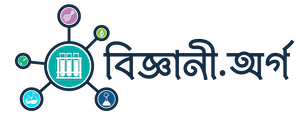
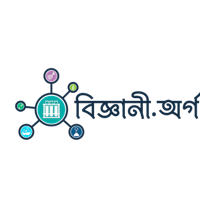
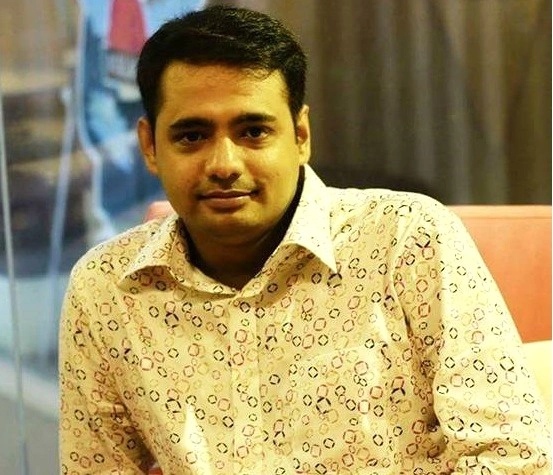



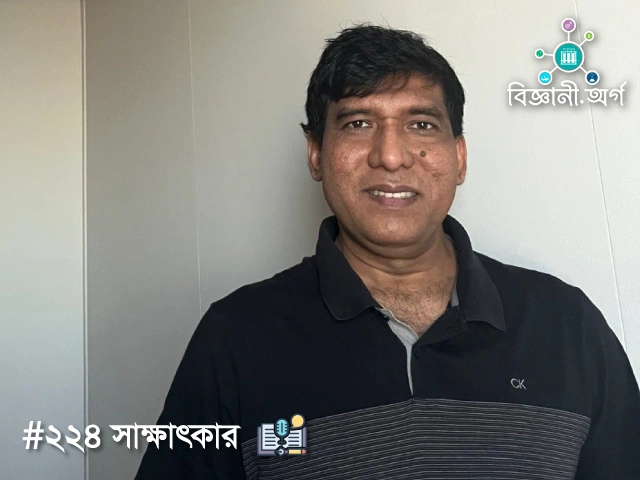
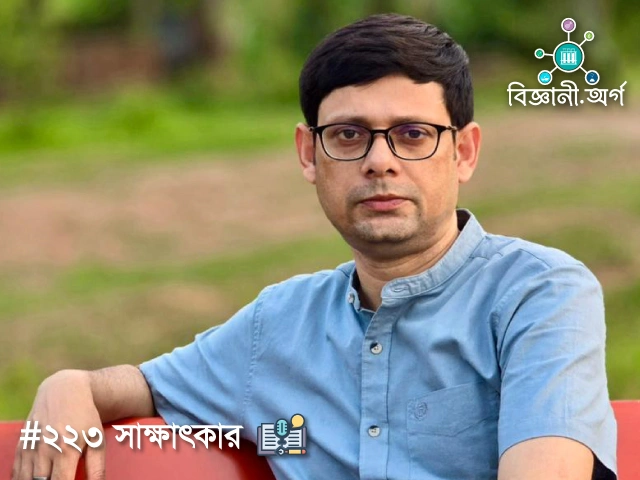
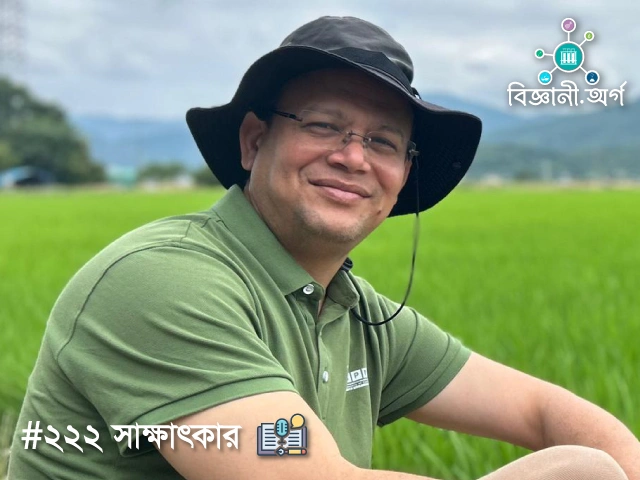
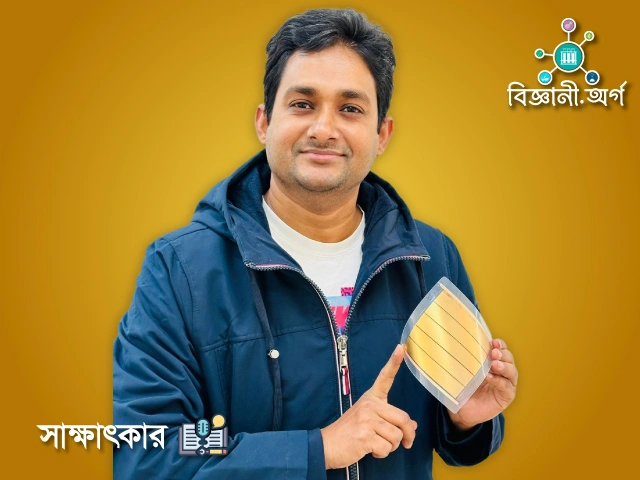
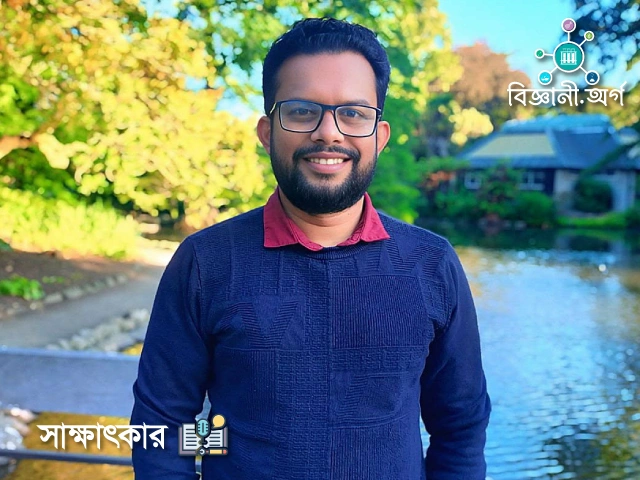
Leave a comment